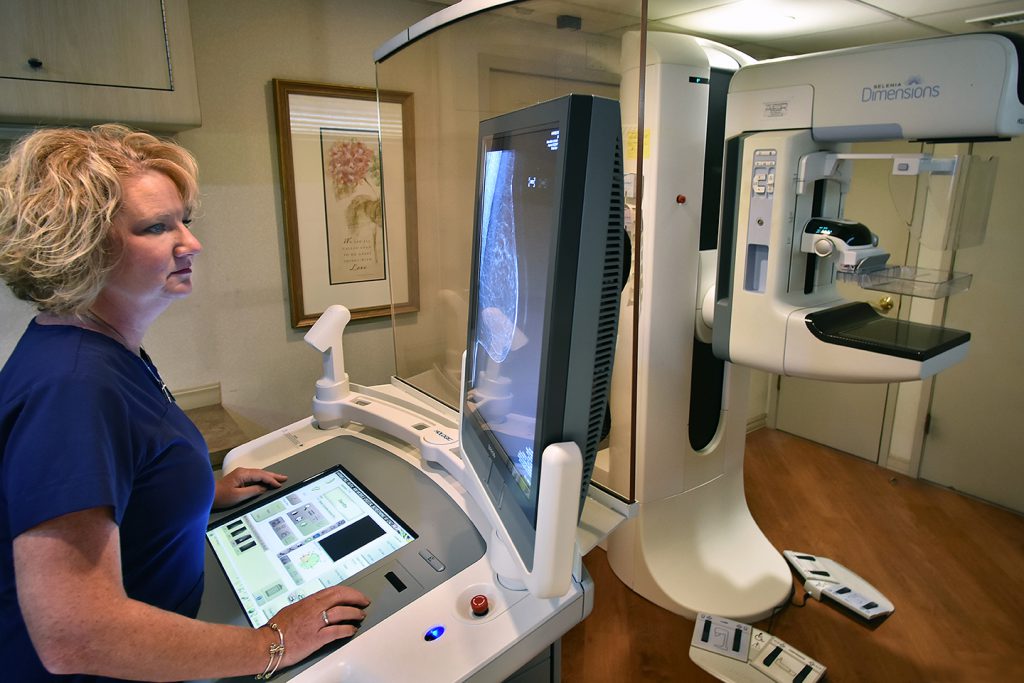According to the American Cancer Society, an estimated 1,735,350 new cancer cases and 609,640 cancer deaths will occur in the United States in 2018. Kentucky in particular is one of the five states with the highest incidence rate for cancer, with the commonwealth having the highest death rate of all.
Cathy Reising, BBA, CTR, Cancer Registry Manager at St. Elizabeth understands early detection is key. She said, “Early detection is our best weapon against this disease. The best we can hope for if cancer comes knocking at our door is it being caught at an early stage.”
Reising explains, screenings are not necessarily about finding cancer, but detecting changes in your body. She said, “We need to eliminate the fear of finding something as a reason not to get screened. A screening could save your life.”
According to the National Cancer Institute the most common types of cancers are:
- Lung
- Breast
- Prostate
- Colon
- Skin
Fortunately, there are early detection screenings available for the most common forms of cancer.
Cancer Screenings
Often, cancers begin with no warning signs or symptoms. To find cancer at an early stage when it is most treatable, you should follow your physicians recommended screening guidelines. If you have a family history of certain cancers or are a regular smoker, your doctor may recommend starting screenings earlier and having them more frequently.
St. Elizabeth offers screenings for:
- Lung cancer – low-dose CT image scans are available to screen for lung cancer. Take a health risk assessment to see if you qualify for screening.
- Breast cancer – mammograms, including 3D mammograms are offered at St. Elizabeth. A Mobile Mammography Unit also travels to locations in Northern Kentucky and Greater Cincinnati.
- Skin cancer – melanoma screenings are offered monthly in the region through Melanoma Know More.
- Colon cancer – a colonoscopy screening can detect colon cancer early. March is National Colon Cancer Awareness Month, check our events calendar for educational events on colon cancer.
In addition to screenings, quitting smoking can help you prevent cancer deaths. If you need help quitting, join a free smoking cessation class.
Talk to your primary care physician about when you should have your cancer screenings. If you need help finding a primary care physician, please call (800) 737-7900.

